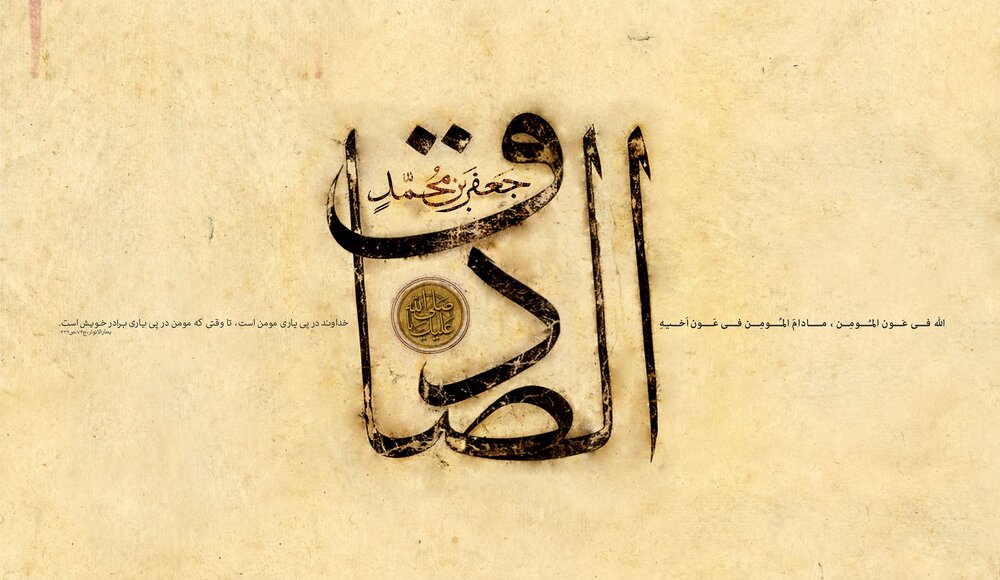Hawzah News Agency – Imam as-Sadiq (peace be upon him) acquainted the public with the original Shi‘a school of thought, which perhaps even some friends and devotees of Ahl al-Bait (peace be upon them) had not recognized properly. By establishing that vast school of knowledge, he familiarized the people with the realities of true Islam, which are fulfilled by following ‘Ali and the Ahl al-Bait (peace be upon them). This was while in the periods before Imam as-Sadiq (peace be upon him) the opportunity for disseminating knowledge was not to the extent that it reached in his time.
This does not mean that Imam Ja‘far as-Sadiq (peace be upon him) is the founder of Shi‘a thought, since as explained earlier Shi‘a thought existed in the time of the Prophet (peace be upon him and his family) in an organized and systematic manner. Mutawatir traditions and the illuminating guidance of the Prophet (peace be upon him and his family) had specified its limits, and passage of time and occurrences had no share in its development.
Of course, these affairs had an influence in its propagation, promulgation, and organization in later periods, especially in the time of Imam as-Sadiq (peace be upon him) and Imam al-Baqir (peace be upon him), and in fact these very incidents made more clear the truth of this school of thought as opposed to the opposing school of thought.
One of the reasons for the success of Shi‘a thought in the issue of Imamah was that during the rule of Banu Umayyah the people witnessed conduct and actions of the claimants to succession of the Prophet (peace be upon him and his family) which were incompatible with any of the Islamic laws and principles.
This conduct even became a cause for the people’s rebellion against them in different instances, though most of these rebellions were quelled by force and in appearance the government of Banu ‘Umayyah continued, but overall these events caused the Shi‘a school to spread and become entrenched in people’s hearts.
Source: "Discussions Concerning al-Mahdi (May Allah Hasten His Return)" written by Ayatullah Lutfullah Safi Golpaygani


Your Comment